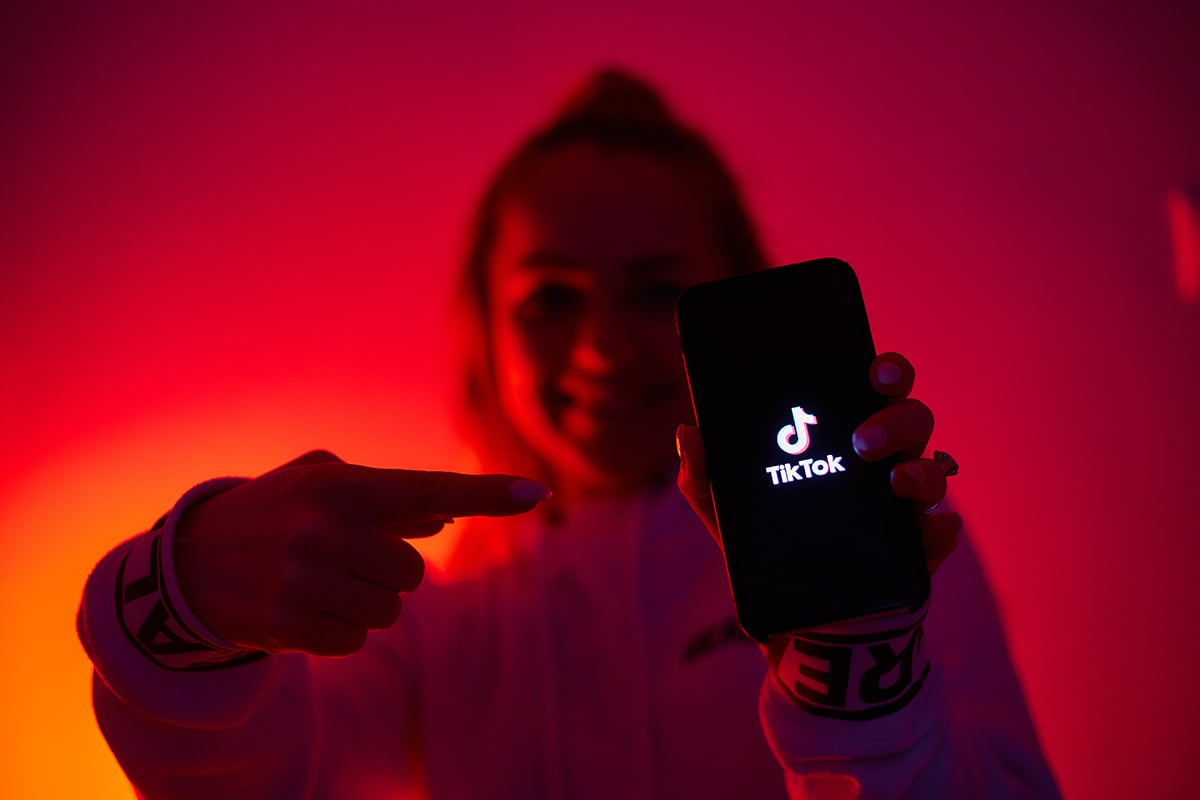Once again, TikTok, the widely-used short-form video platform, faces congressional scrutiny as House Republicans advance a bill that could result in a nationwide ban of the app. This development is the latest episode in an ongoing saga driven by concerns about the app’s ties to China and potential threats to US security.
The bill, directed at TikTok’s Chinese parent company ByteDance, is now part of a larger foreign aid package aimed at supporting countries like Israel and Ukraine. House Speaker Mike Johnson is pushing for a swift vote on the aid package, possibly as soon as Saturday. If passed, this move could accelerate what many see as the most significant challenge to TikTok’s US operations since former President Donald Trump proposed banning the app in 2020.
According to the proposed legislation, ByteDance would have nine months to sell TikTok to a non-Chinese entity. Failure to comply within this timeframe would lead to TikTok’s removal from US app stores. Additionally, there’s a provision for a 90-day extension if deemed necessary by the president, provided there’s progress towards a sale.
While the bill cleared the House in March, it has faced obstacles in the Senate. By attaching it to the aid package, House Republicans aim to pressure the Senate into a quicker decision on a measure they argue is crucial for safeguarding Americans’ personal data from potential Chinese government interference.
However, not everyone supports the bill. Opponents, including TikTok and various civil society groups, have raised concerns about potential infringements on users’ First Amendment rights.
Senator Maria Cantwell, chair of the Senate Commerce Committee, has expressed approval for the updated legislation, particularly the extension of the divestment period from six months to a year. This change addresses concerns that the original deadline was too short for a successful sale to take place.
The debate over TikTok’s alleged national security risks is longstanding. Policymakers have frequently expressed concerns that the app’s ties to China could compromise US user data, potentially allowing unauthorized access or facilitating disinformation campaigns. These concerns have prompted some countries, such as India, to completely ban TikTok.
TikTok has vehemently denied accusations of sharing user data with the Chinese government, citing initiatives like Project Texas, which involves storing US user data on servers managed by US technology company Oracle.
While TikTok is currently in the spotlight, some experts argue for a broader approach to addressing national security concerns related to personal data handling. Senator Cantwell and Representative Cathy McMorris Rodgers recently introduced a bipartisan proposal for a national privacy law, indicating a potential shift towards a more comprehensive regulatory framework for safeguarding Americans’ personal information.
As the legislative battle over TikTok continues, the outcome could have significant ramifications not only for the app’s millions of US users but also for the broader discourse on data privacy and national security in the digital era.







